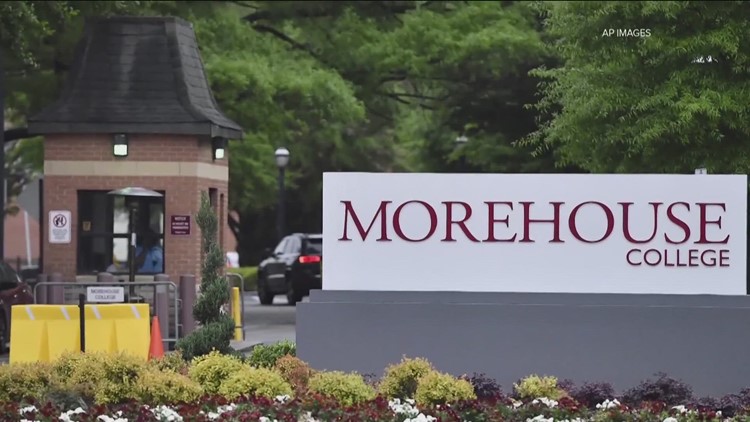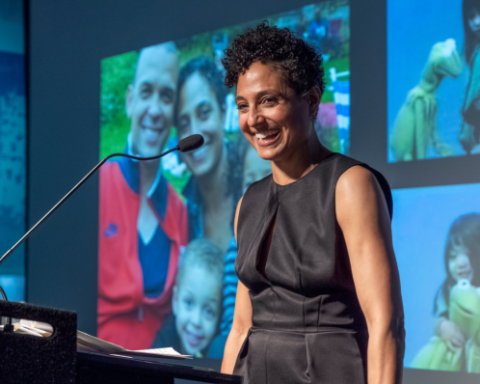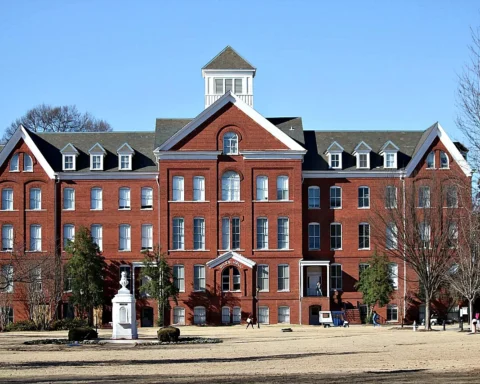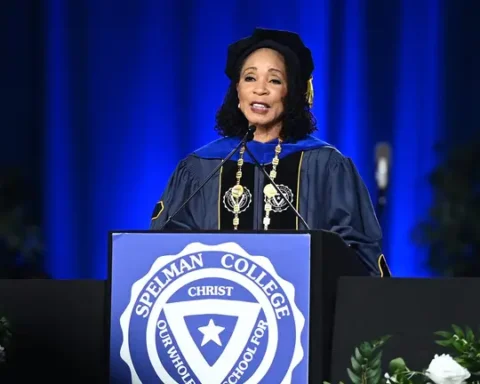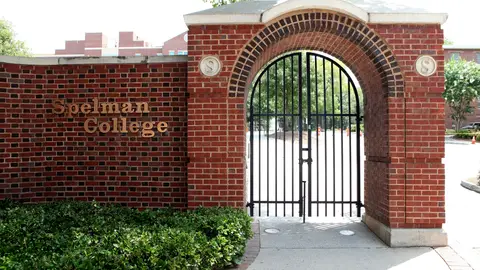By Karys Belger
Two of Atlanta’s historically Black colleges and universities — Morehouse and Spelman — are celebrating their annual homecoming events this week. While these festivities bring together alumni from all across the country and the world, they also provide a platform for students to challenge misconceptions surrounding diversity on their campuses.
Many alumni have expressed concerns about how HBCUs are perceived, often with a stereotype that they lack diversity. However, students at Morehouse and Spelman College are quick to dispel the notion.
Both institutions pride themselves on encouraging their students to “embody Black excellence,” but they recognize that the concept can take different forms based on each student’s unique experiences and backgrounds.
Joshua Turner, a Georgia native and Morehouse student, admitted that attending Morehouse was not initially part of his plan.
“I actually didn’t even expect to get into Morehouse. It was kind of like I was actually surprised myself,” he said.
Yet, the historic campus that’s famous for its influential alumni has exceeded his expectations. Turner emphasized how he’s connected with people from various backgrounds since his first day there.
“Some people that came here have a family legacy here, and some are first-generation students,” Turner added.
With students hailing from more than 40 states and eight countries, it’s clear that diversity thrives on Morehouse’s campus.
“Everybody definitely comes from different backgrounds,” highlighting the diverse makeup of the student body and how it has contributed to shaping his own perspectives.
Since its founding after the Civil War, Morehouse, along with Spelman College and other nearby HBCUs, has brought together students from different educational, economic, and cultural backgrounds. Spelman juniors Simone Boles and Princess Dandoo reaffirmed that this tradition continues today.
“There is not one Spelmanite, just like there is not one African-American woman that you could say is the quintessential embodiment of who we are,” Boles said.
Dandoo emphasized the importance of differentiation.
“What differentiates me and how does that differentiation help me to be mutually advantageous?”

